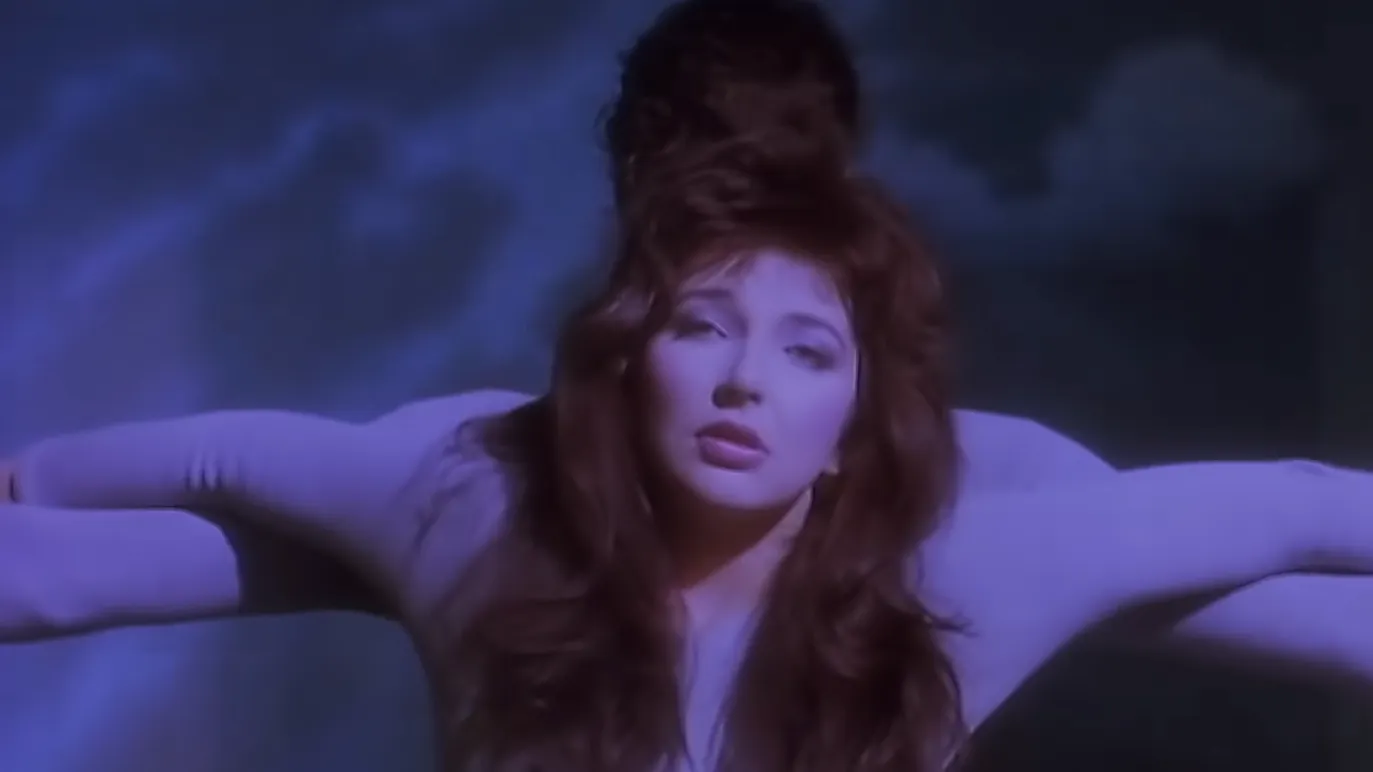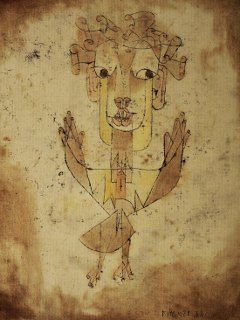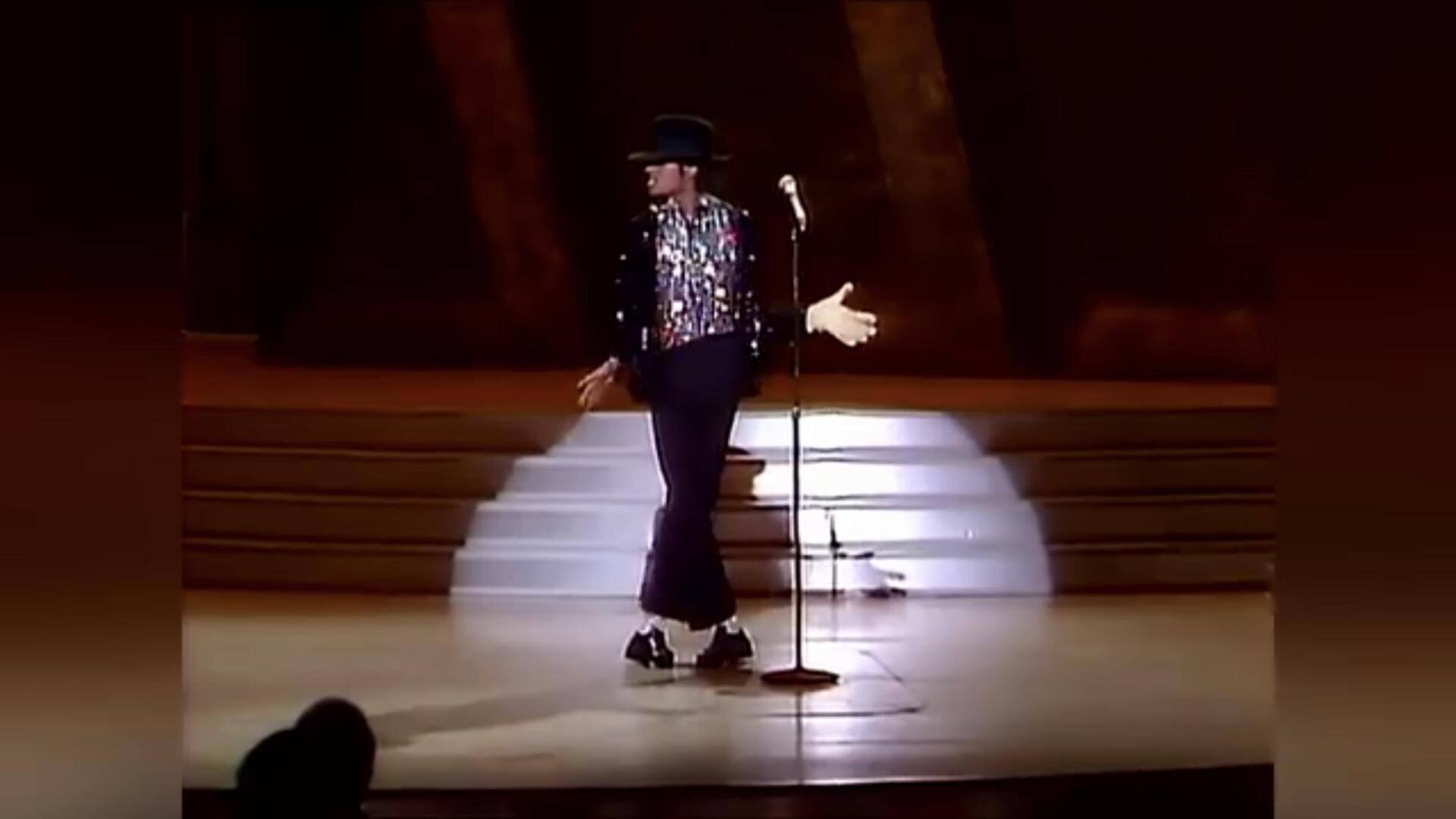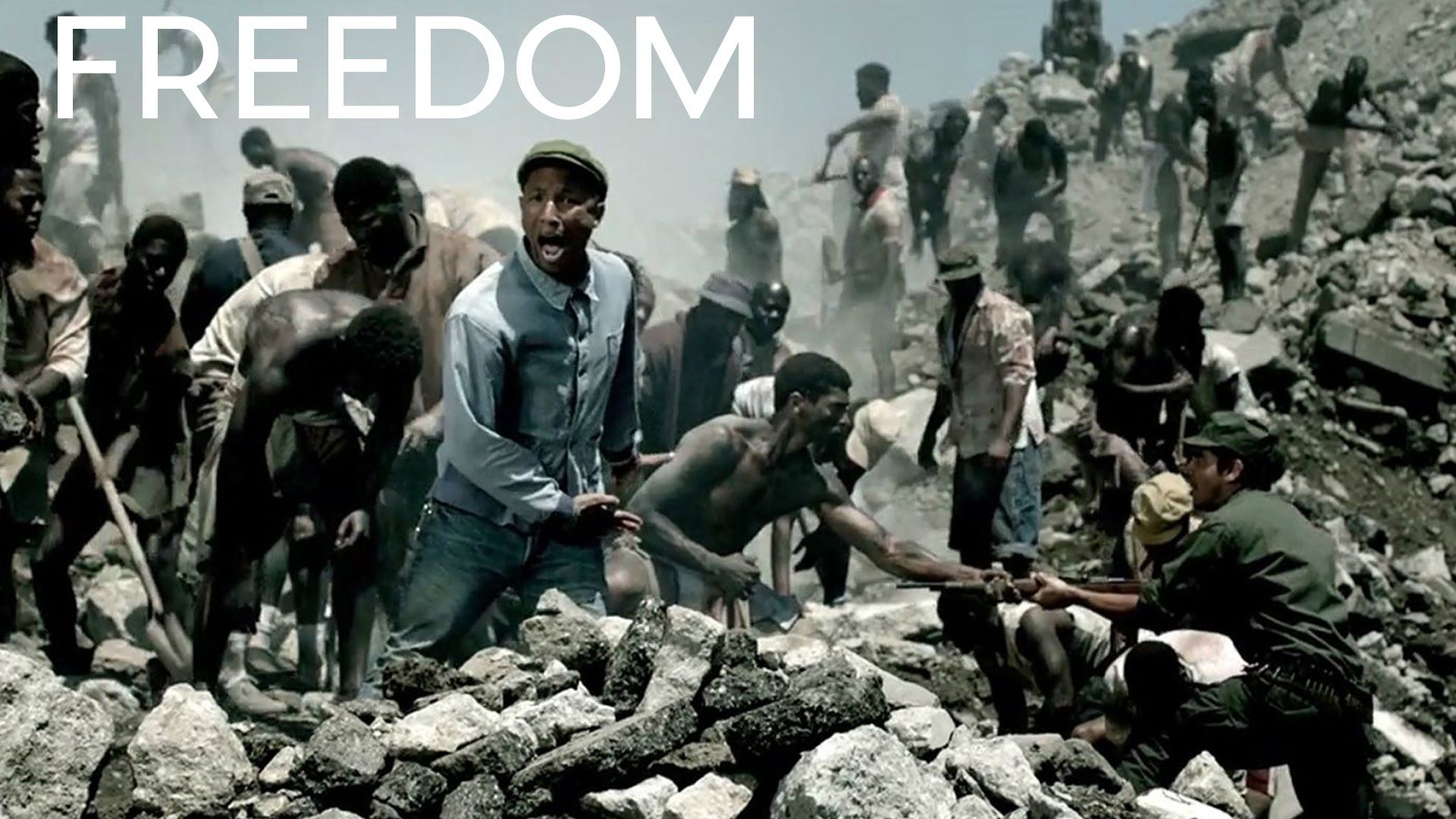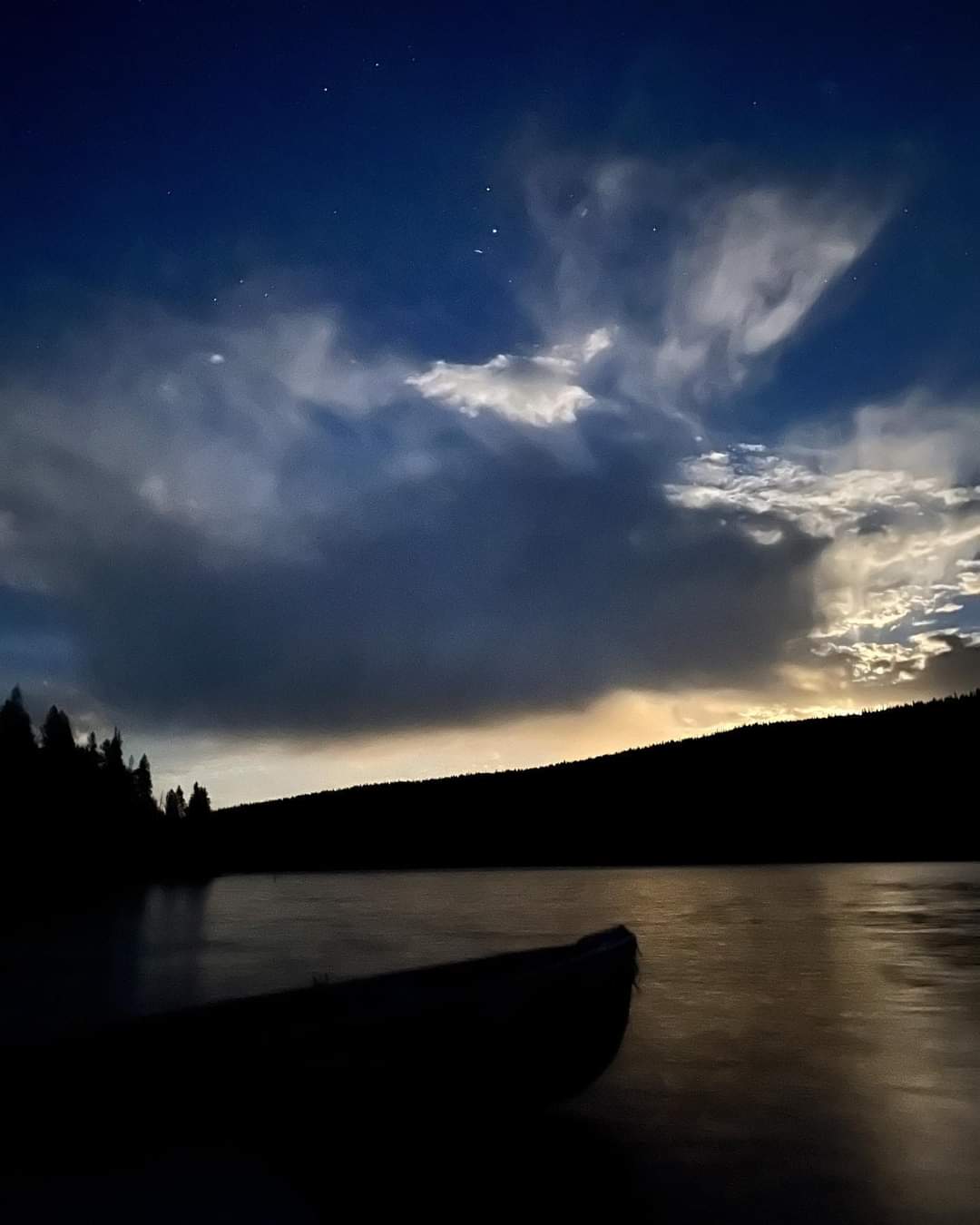Trains of Thought
Cultural Theories of Speed and Solidarity
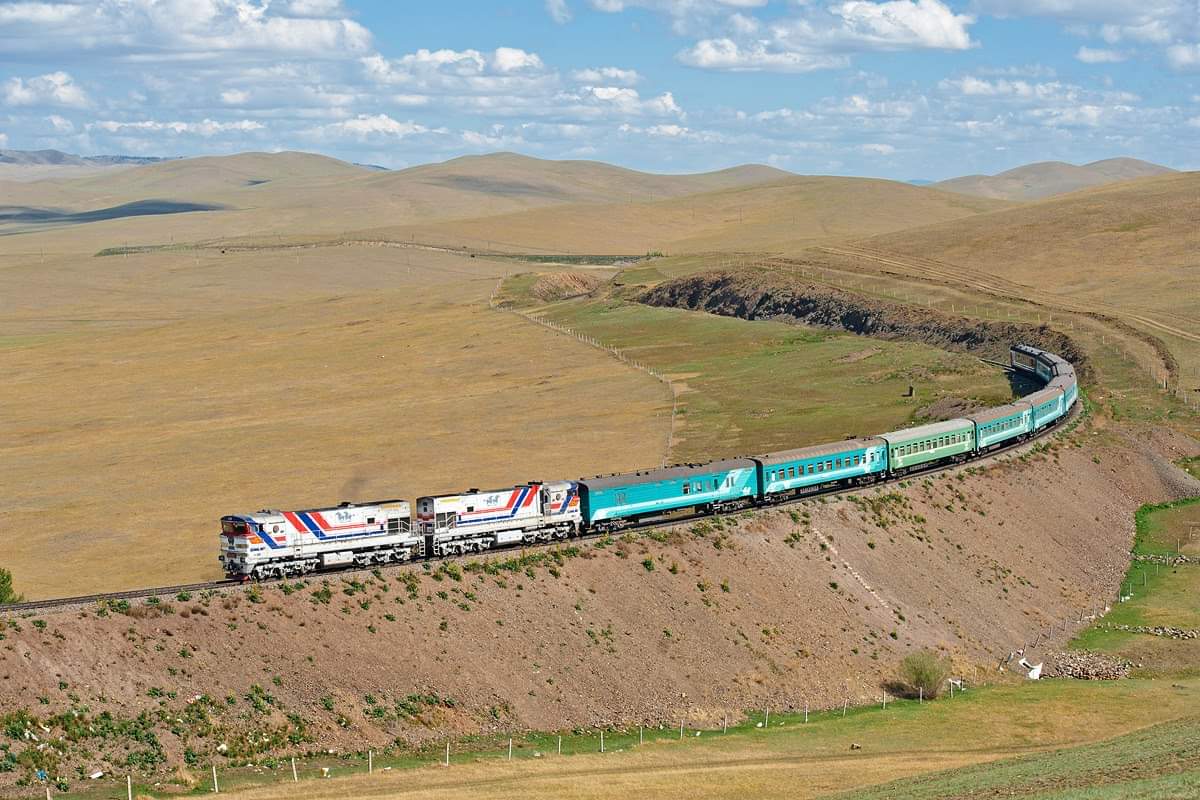
Beauty, Botox, and the Interminable Limit of Extended Intimacy
I don’t often find myself scrolling through the Youtube comment sections. But in one such (not at all regrettable) instance I found myself laughing uncontrollably at a user’s (“it’s 6884”) comment on a remix of Dolly’s Jolene (1974): “the idea of someone that could compete with Dolly Parton just surpasses my imagination.” The funny thing is that such an obvious question is often the last to come to mind. Who could actually compete with Dolly Parton like this, and why is someone as stunning as Dolly even worried? You can’t help but hear her as the only possible subject here; this is Dolly’s pain, not that of a character. It’s equally in the writing and a simple feature of the scale of her personality, just as big as her hair. So why is Dolly so worried? We might find ourselves similarly anxious because we’re endowed with less to work with. You know the feeling as well as I do.... The gnawing sense of possibility which is more than likely simply because it came so readily to mind… repeated contact with a certain hazardous individual… the best of them even play mind-games with you! But there’s nothing like that in Dolly’s pained cries. Jolene seems to exist only a mental fragment, in the impossible scale of her beauty, the certitude of her victory and her irresistible will to possession—and most of all in her liminal presence! Has Dolly ever encountered Jolene? Is she anything more than a man’s sleep-talk? Jolene endures, because of her sheer implausibility. As a song, rather than simply as a shadow, Jolene remains so relevant because of its digestibility. More than a shared experience, a terrifying reminder of the nightmarish fear of loss bound up in ever-greater acquisition, as a soundbite! It’s a haunting cry into the night, less than three minutes of pain: we’ve caught Parton right as she screams into her pillow. But it’s that momentary quality that both endears the tune’s cathartic release of emotional baggage to us and simultaneously makes it impossible. I don’t think I recognized this until I heard Miley Cyrus’s 2022 cover; eschewing Parton’s mournfully slow 80 bpm acoustic wander, Cyrus electrifies Jolene, speeds it up, dramatizing it as we gather for an exorcism. Whether such intention is found in Parton’s original recording, the strangely ambiguous response for Parton’s sheer terror doesn’t easily map onto such a confrontation. Despite her wholesale expression of helplessness Dolly neither loves nor hates Jolene. Her uncomplicated pleas are purely momentary, reflective measures of vastly uneven stakes for the two women. Doubtlessly the signal expression of this helplessness is the famous crossbeat intro, which is further puzzling in the lead guitar’s broken measures: first 5 beats, then 3 beats against 4 beats for all other voices. Slow as it as, many listeners might find a certain relief in its passing nature; it’s all of eight seconds in the 1974 original. But again, the song’s character comes out best as others reimagining and interpret it. I’m speaking more specifically of Todd Terje’s 2014 remix, with a similarly sped-up tempo. But Terje’s track is no teary confrontational path to certainty. It’s a dance remix, dividing the guitar part into a strengthened bassline and an amplified picking, adding tasteful reverbs and echoes, and splitting time between the purity of the beat and Dolly’s soulful melancholy. And it’s there that we find the curiously persistent strength of that memorable riff. Terje speeds it up, only to drown us in its inescapable hopelessness. The invitation out dancing to move past your last fight, to forget your ex, to just get back up, hit the open road, and get high is a shallow distraction—a reminder that the river doesn’t get tired from your rowing in it. The highway peels off beyond our sight. Terje’s electrified revenants of lost country love prove to us the impossibility of remaining in Dolly’s terrifying moment intimacy as she herself cannot, trying to bargain with the omnipotence of objective beauty: Jolene, sport-hunter of men. Enamored of our figures, we remain always in the grasp of greatest chance. But the remix’s painful compression of insecurity in an amped-up intro persists too after Dolly’s finished singing. The negotiations might be over, but the sleepless nights have only just begun. It’s never clarified, after all, what exactly Jolene choses to do. Does she do anything? Does she care? Does she even exist? Jolene, in Terje’s rendering, is both the inscrutable question and the incertitude standing in for an answer. It’s before and after the desired dancefloor catharsis, a gloomy pre-rave reminder that any escape beyond this pain is but a debt, a cheap exchange for a brief boost of serotonin that we’ll feel even worse tomorrow. And without the drugs, the dancing, and the doomed electronic optimism? Jolene remains an anthem of comforting insomnia, a lover forever awaiting the beloved who will never come, a melancholia whose sadness has no source, a bluesman whose pained cries will never find their desired libidinal release. In its mournful, dragging crawl, Parton’s Jolene reluctantly stares down the youth of Terje’s restless partygoer (embodied royally in the character of Jolene herself!), wearily trying to tell the world that a moment’s pain can be nothing other. Yet as Terje so masterfully reminds us, we live not in a moment but in moments, stretched out, blended together, and forever speeding off into space.
31 May 2022
Trains of Thought | All Rights Reserved
